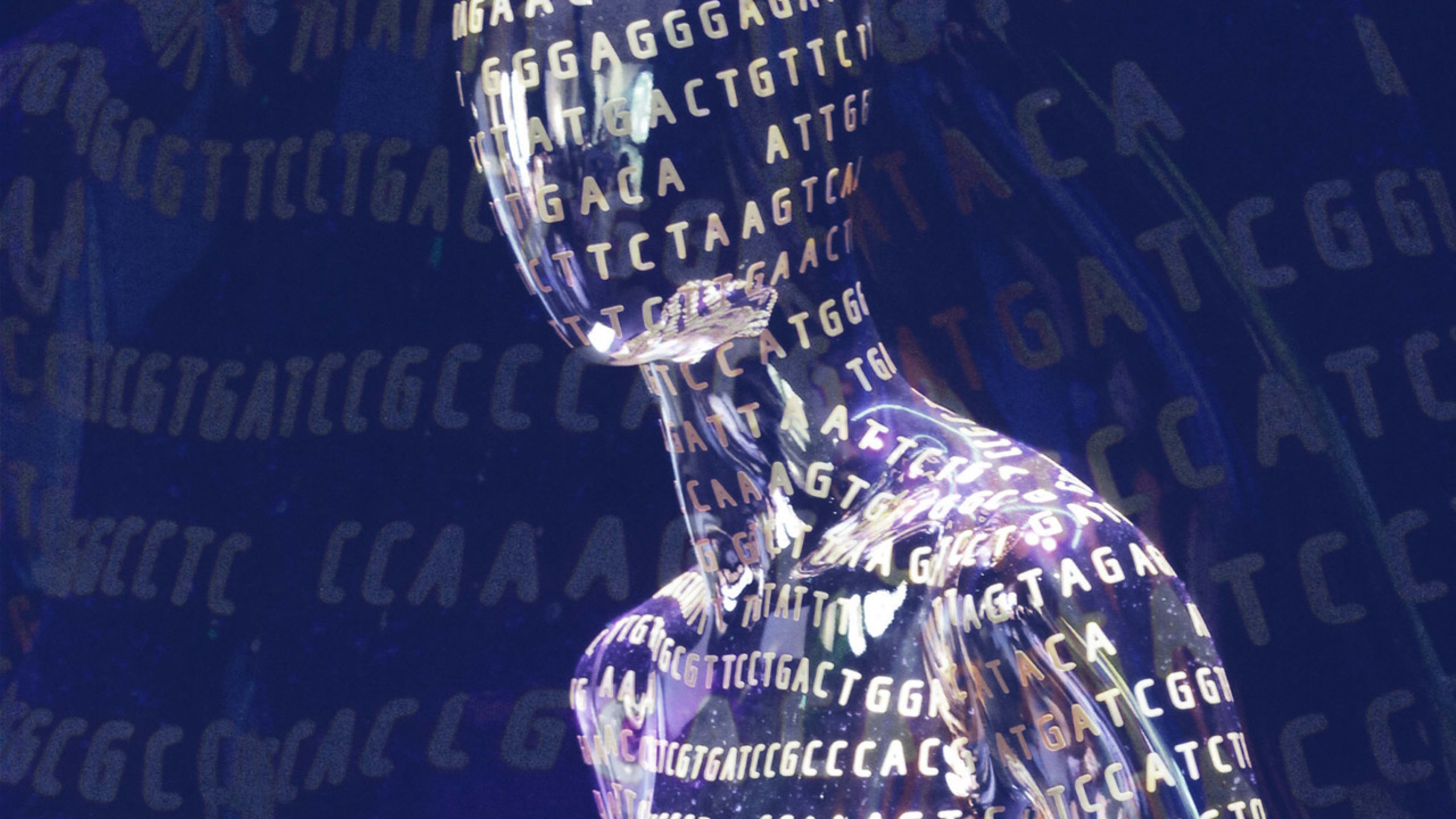Who owns our genetic heritage? It’s a contentious question in the multi-billion-dollar genetics industry. Scientists now know not only all three billion-plus letters of the human genome, but many of the key genes that cause hereditary ailments including cancers, autism, Down syndrome, and Parkinson’s. That’s expensive knowledge, and some firms and institutions that footed the bill for research don’t want to just give it away. “Companies are going to do as much as they can to collect as much genetic data as possible,” says Sabah Oney, a biotech entrepreneur most recently with prenatal DNA testing firm Ariosa Diagnostics. “Whoever owns the most data is going to be the king.”
Others say that companies should compete on services they offer, not the data they have collected. A vocal advocate on this side is genetic-testing company Ambry Genetics. It just opened up access to anonymized genetic sequencing and other medical data for 10,000 patients suffering from breast or ovarian cancers. The company promises to keep adding to the database in the future and also expand to data on other cancers on its site, AmbryShare.
“We’re not here to aggregate data and try to sell it,” says Charlie Dunlop, the founder and CEO of Ambry, which just opened a big new lab in Aliso Viejo, south of Los Angeles. Ambry’s growth was helped by a lawsuit it won to bust patents by rival Myriad Genetics. So Dunlop has a big interest in the open-access side. Still, the genetic data that Ambry is opening up could be a big contribution to cancer treatments and cures, and set an example for other companies.
Genes Aren’t Enough To Understand Disease
Lots of genetic data is already freely accessible to researchers. The U.S. government’s National Institutes of Health, for example, maintain a public database called The Cancer Genome Atlas with data on about 11,000 patients covering 33 cancer types. But Ambry’s new data has a pair of important aspects: a focus on just two related types of cancer (breast and ovarian), and detailed medical histories of the patients that add context to the DNA sequences. “Just because someone has cancer doesn’t mean that’s the only disease lurking in their genome,” says Ambry COO Aaron Elliott. “We want to have identified…as much as possible when we do this, so the family-history questionnaire has become imperative.” (Ambry, incidentally, last year purchased Progeny, a company that makes software for gathering and organizing patient data.)
Terminology is important here. What Ambry is releasing is a part of patients’ DNA called the exome—the relatively small (about one percent) but critical portion that contains instructions to build the proteins in the body. This is the focus of screening for genetic diseases including cancer. Ambry is not publishing anywhere near the entire genome—the complete DNA of patients. That’s a matter of cost and convenience as well as confidentiality, as it’s still unclear whether the genetic instruction set to build a person is enough information to figure out exactly who that person is. “We can’t prove that it isn’t,” says David Haussler, a researcher at the UC Santa Cruz Genomics Institute. “Maybe geneticists will discover some strange thing hidden in our genome.”
Collecting records from lots of patients is important because no two are identical: For instance, there are at least 12,000 variations of genes BRCA1 and BRCA2, says Haussler. In the mid-’90s, mutations on these genes were found to increase the risk of breast and ovarian cancer, but they aren’t the only ones. “In the past 20 years, there’s thought to be about 20 genes responsible for breast and ovarian cancer,” says Elliott, who claims that Ambry has now found close to 200 genes that could be related to those cancers. “Some are so statistically significant that there’s no way they can’t be implicated,” he says. “We have about 50 that statistically could not be not implicated.”
Cancer Is Personal
It’s hard to separate business promotion from philanthropic motivation in the super-hot, super-competitive biotech industry. Ambry, which works heavily in breast and ovarian cancer screening, certainly has a business interest in promoting open data access. Until recently, a company called Myriad Genetics held patents on the BRCA1 and BRCA2 genes themselves, as well as technologies to analyze them. That effectively shut out competitors like Ambry.
However, a near-unanimous 2013 U.S. Supreme Court decision rejected Myriad’s patents on genes themselves (though it preserved patents on some of Myriad’s techniques). That was enough for Ambry to start offering its own breast-cancer testing within hours of the Supreme Court ruling. Myriad then sued Ambry, but a federal appeals court ultimately ruled in Ambry’s favor.
The notion that “data wants to be free” has certainly been good for Ambry’s business, but Charlie Dunlop has a pretty compelling personal motivation. “I have stage-four cancer myself,” says Dunlop. “I don’t care what goes down. This is what we’re doing at Ambry Genetics. We’re here to try to save the world, period.”
Recognize your brand's excellence by applying to this year's Brands That Matters Awards before the early-rate deadline, May 3.
